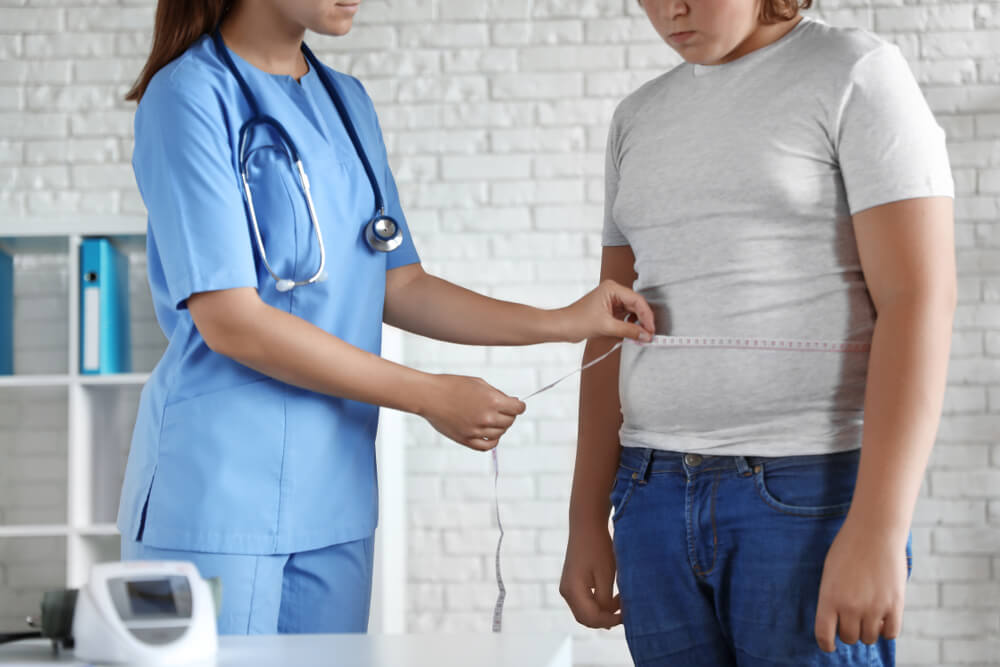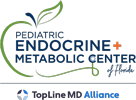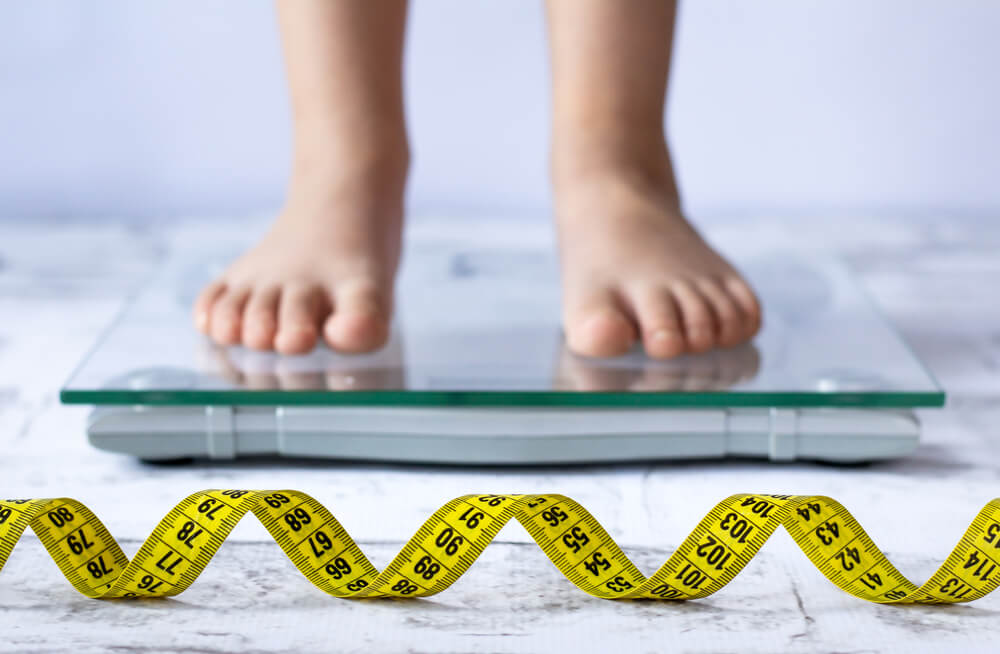High blood pressure or hypertension is a condition we usually associate with elderly people. It is estimated that around 66% of people, roughly more than 100 million of adult Americans suffer from high blood pressure. Unfortunately, due to the obesity epidemic, more and more teenagers are getting affected by high blood pressure. Actually, high blood pressure in teens is currently an issue for 800,000 youngsters in the US. Consulting the obesity specialty services in Florida could be an effective solution for treating obesity which leads to high blood pressure in kids.
What Is Hypertension?
The increased arterial blood flow force, as the heart pumps blood, is generally known as hypertension or high blood pressure. Essentially, a blood pressure of 120/80mm Hg (millimeters of mercury) or a bit lower is considered normal for adults and teenagers around 18 years of age. However, pediatric hypertension for younger teens and children is determined by their average gender, height, and age percentile rating. Basically, pediatric hypertension is diagnosed when the child has an elevated systolic or diastolic blood pressure across three different readings compared to what’s considered normal for their gender, height, and current age.
The higher the blood pressure, the more risk there is of developing serious health problems such as heart disease, stroke, or heart attack.
Symptoms of High Blood Pressure in Teens
Suffering from high blood pressure doesn’t necessarily mean you’ll experience any signs and symptoms. This is precisely why hypertension is often referred to as the silent killer. Almost half of the adults who have hypertension are completely unaware of it. Essentially, the only sure way to learn whether you have high blood pressure is to have it measured. This can be done easily at home if you have the equipment, or your doctor can measure it for you. If you’re worried your child might have high blood pressure, don’t hesitate to schedule an appointment at the Pediatric Endocrine and Metabolic Center of Florida. Even if there are no obvious signs of elevated kids’ blood pressure, this should still be checked in case they’re overweight.
When detected early, it’s considerably easier to take the necessary measures to prevent any potential health complications in the future, especially when pediatric hypertension is concerned. As mentioned, not all teens will show signs of high blood pressure, but some will. Common symptoms of high blood pressure include:
- Headaches in the morning
- Nausea and/or vomiting
- Ear buzzing
- Nosebleed
- Irregular heartbeat
- Chest pain
- Muscle tremors
- Anxiety

The Link Between Hypertension and Obesity
There’s a strong connection between high blood pressure in teens (and adults) and obesity. Actually, only about 15% of people who suffer from high blood pressure fall under the normal weight range, while the rest are all overweight or obese. And even if they don’t have hypertension yet, obese women have a 65% while obese men have a 78% risk of developing it. In general, it can be stated that about 75% of all hypertension cases can be linked to obesity in some manner.
How Does Obesity Cause High Blood Pressure in Kids?
While there’s a strong connection between high blood pressure in kids and obesity, the nature of the relationship is rather complex. Many factors have to be taken into account. However, we can say that obesity can lead to high blood pressure in children in the following ways:
Sympathetic Nervous System
A high-calorie diet, especially one with many carbs and fat consumed, can increase sympathetic nervous activity. The heightened activity of the sympathetic nervous system causes blood vessels to narrow, leading to high blood pressure. This is also true for the accumulated fat around the abdomen.
Free Fatty Acids
When one is obese, they also have more free fatty acids. These make the blood vessels more sensitive, which consequently increases the blood pressure.
Leptin
The satiety hormone leptin can affect one’s energy levels and send signals about hunger. When there’s more fat tissue in the body, the amount of leptin in the blood also increases. Again, the effects of more leptin can elevate the sympathetic nervous system’s activity, constricting the blood vessels and causing high blood pressure.
Adipose Tissue
Adipose tissue is body fat, and the more of it there is, the hormonal system responsible for blood pressure regulation also turns more active. This can then elevate the blood pressure.
Insulin Resistance
In the case of obesity, there’s a constant state of inflammation going on in the body, together with insulin resistance. Not only can this cause artery narrowing but also hyperinsulinemia. The body retains water and sodium, which can also lead to high kids blood pressure.
Obstructive Sleep Apnea
Another potential issue with obesity is obstructive sleep apnea, which also affects the sympathetic nervous system activity and causes hypertension.

How to Avoid Obesity and High Blood Pressure?
The best practice for kids, teenagers, and adults who wish to prevent high blood pressure is to follow a healthy lifestyle.
Make Small but Easy Lifestyle Changes
When making healthy changes, it’s important to choose those that are easy enough to stick to long-term. There’s no benefit in torturing oneself with extreme diets, for instance, as they’re not a good solution for weight maintenance and can cause more damage than good.
Follow a Healthy and Balanced Diet
You don’t have to give up your favorite food, but you also don’t have to eat junk food every single day. By enriching your diet with all food groups, i.e., fruits and vegetables, grains and nuts, and lean protein, you will get all the nutrients your body needs to function properly, speed up your metabolism, lose weight in a healthy manner, and avoid high blood pressure.
Of course, it’s essential to consider the caloric intake of your meals, which is why it would be good to check the ideal daily calorie count for your height, age, and gender. If a teen’s diet is indeed a huge problem, it would be best to visit a dietician who can develop a tailored diet plan for them.
Exercise Regularly
Physical activity is essential for obesity and hypertension prevention, not to mention just how beneficial it is for a growing teen. In general, you don’t need more than an hour and a half of exercising a week, which can be broken into three days of 30-minute workout sessions.
In order to stick to this exercise routine, find the physical activity you enjoy the most, be that cycling, running, aerobics, swimming, or hitting the gym.
As a health concern that can lead to many serious health complications, hypertension, including obesity, is becoming more problematic around the globe. In general, healthy lifestyle choices that allow for proper maintenance of ideal weight are the best way to prevent and treat obesity-related hypertension. If you find that your teenager is struggling with their weight or worrying about them suffering from high blood pressure, don’t hesitate to contact us at Pediatric Endocrine and Metabolic Center (PEMC).


